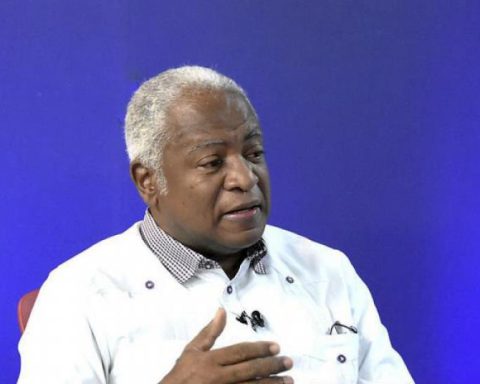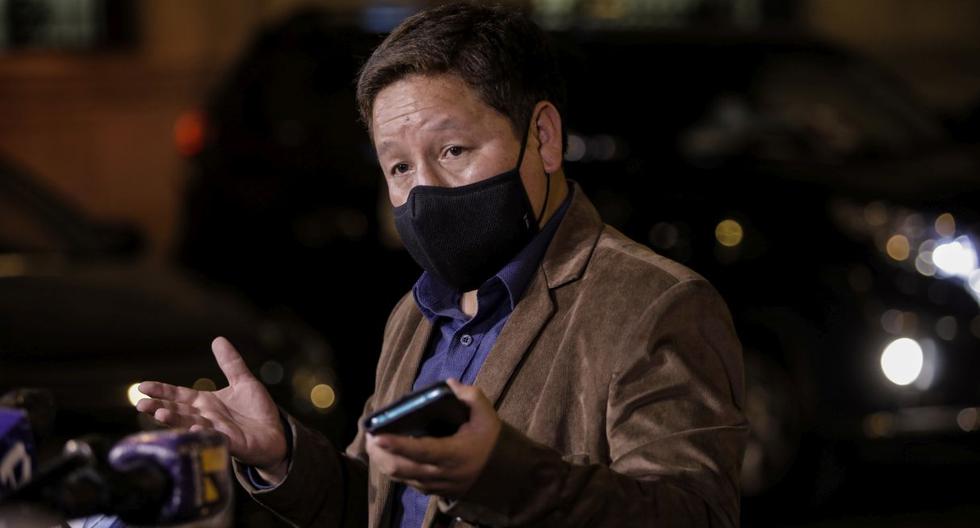The crisis in Ukraine has confirmed that the sanctions economic policies imposed on countries often fail to get their governments to change their behaviour. The Russians went ahead with the invasion they had been planning. Previously, it had happened with Cuba, whose revolutionary government has navigated unscathed through decades of blockades and restrictions. Same thing happened with Venezuela and the Bolivarian government, which remains clinging to power despite the economic measures taken against it. And he also went through the same thing with Iran and its Islamic regime, economically isolated by its nuclear program, but capable of overcoming sanctions until forcing a new favorable agreement for them.
A common feature of those cases in which the sanctions have not achieved their purpose, is that they are countries where the democracy does not exist or faces serious limitations. One of the main ways that sanctions can have an effect is through popular discontent caused by the resulting economic hardship, which puts pressure on the authorities to modify their behavior in order to mitigate it. But if the population’s capacity for expression is reduced, the government has more room to persevere in its actions.
Also, in addition to this common characteristic, the sanctioned regimes now have a powerful ally, which offers them the possibility of escaping, even partially, from the effects of the sanctionsespecially with regard to those that affect the means of payment and the Finance system. It’s about the cryptocurrencies.
Venezuelans created their petro to do restricted business transactions. Iran used the oil that sanctions they prevented him from exporting, to generate the electricity that computer banks need to “mine” bitcoins. And the Russians operate sites where cryptocurrencies are kept and traded outside the scrutiny and reach of the countries that imposed the sanctions.
















